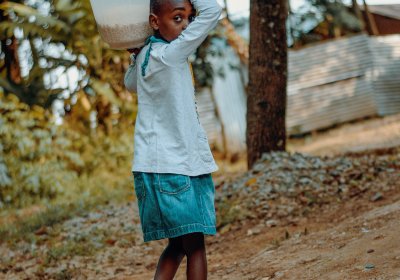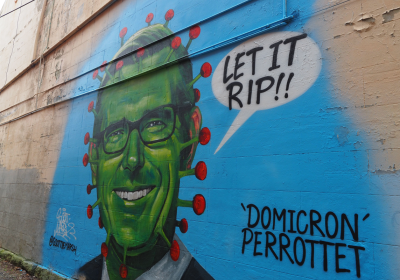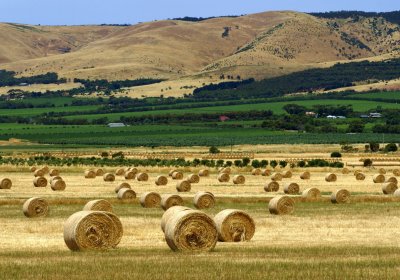Mirroring the dynamics of colonial-era plunder, international trade involves a systematic transfer of wealth and labour from the Global South to the Global North. Ben Radford reports.
World Bank
Honduras is facing at least US$14 billion in claims brought against it by corporations to protect their profits at the expense of people and the environment — a practice that applies across Latin America, reports Tamara Pearson.
The war in Ukraine has made an already critical food crisis worse. Fingers point to grain supply shortages, but the problem is far deeper and linked to the economic system that turns food into a profitable commodity, writes William Briggs.
It was another tough year for most of us, and 2022 looks to be no different. Peter Boyle asks you to join others in helping keep Green Left afloat.
A brand new World Bank report, The Changing Wealth of Nations 2018, offers evidence of how much poorer Africa is becoming thanks to rampant minerals, oil and gas extraction.
Yet World Bank policies and practices remain oriented to enforcing foreign loan repayments and transnational corporate (TNC) profiteering — thus maintaining the looting.
Lending further support to the United Nations' characterisation of the World Bank as a “human rights-free zone”, the notorious lender approved new policies on August 4 that have been widely condemned by rights advocates for endangering human rights and the environment.
In the past few years, private investors backed by corporate interests such as global banks, financial firms, hedge funds and food giants have bought a huge amount of farmland across the global South.
The United Nations General Assembly met after World War II in 1948 and committed to 30 articles on human rights. The Universal Declaration of Human Rights (UDHR) has been signed by most nations and serves in many cases as a legally binding document on human rights. Article 25 in the UDHR says: “Everyone has the right to a standard of living adequate for the health and well-being of himself and of his family, including food, clothing, housing, and medical care.”










